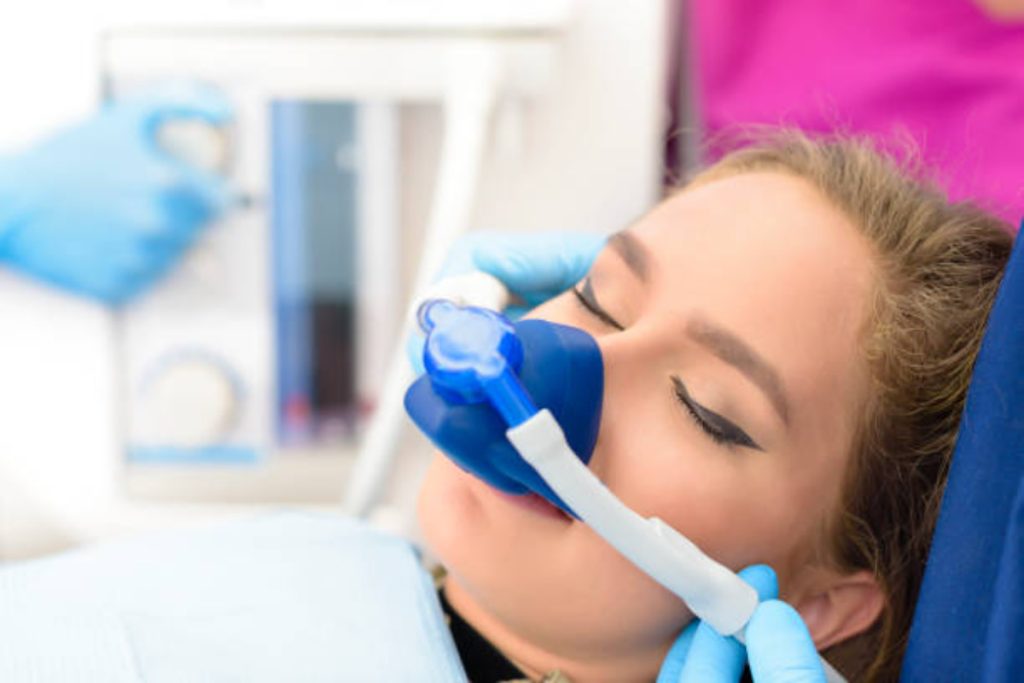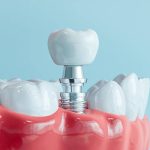Many people experience anxiety about the dentist, especially when they might have a drill or surgery in play. If you have experienced anxiety or discomfort in a dental clinic, sedation dentistry in Vaughan can make the experience much more comfortable. Sedation allows you to relax, sometimes to the point where you have little memory of the procedure, but there are different types of sedation, and each sedates you in different ways.
Knowing the options and what they entail helps both you and your dentist decide which option works for you.
Why You Need to Discuss Sedation With a Professional
Making sure you are comfortable and safe depends on choosing the right type and level of sedation. Your dentist in Vaughan will take into account your medical history, your dental needs, and your level of anxiety to give you their best recommendation for a method of sedation. Some patients may only require mild relaxation, while others will require a deeper level of sedation if they are undergoing a longer treatment or complex dental procedure.
What are the Common Types of Dental Sedation
There are a few types of dental sedation that have their level of sedation and degree of relaxation. They are:
- Nitrous Oxide (Laughing Gas) – A very mild sedation that will dissipate quickly.
- Oral Sedation – A pill is given to make the patient feel calm and drowsy, but they can still be responsive.
- IV Sedation – Medication is administered through a vein so that the patient has a deeper level of sedation.
- General Anesthesia – Patient is completely unconscious and is usually reserved for complex surgeries.
Each of these types can be beneficial and is better suited for different dental scenarios.
What is Sedation Dentistry
When most people hear sedation dentistry, they think of being “put to sleep”, but that isn’t always necessarily what sedation dentistry means. Most sedation options will keep you awake and responsive while fully relaxing you. Sedation dentistry can be extremely useful for patients with dental anxiety, a low pain tolerance and/or a strong gag reflex.
How to Choose the Best Dental Sedation Method
The best dental sedation method for you depends on factors like treatment length, your anxiety level, and your medical background. For example:
- Mild anxiety and short procedures: Nitrous oxide.
- Moderate anxiety or longer procedures: Oral sedation.
- Severe anxiety or complex treatments: IV sedation or general anesthesia.
Your dentist will help you weigh the pros and cons to choose the safest and most effective option.
Comparing Types of Dental Sedation
When comparing types of dental sedation, it’s important to look at how quickly each works, how long the effects last, and the recovery time.
| Sedation Type | Onset Time | Level of Relaxation | Recovery Time |
| Nitrous Oxide | Minutes | Mild | Minutes |
| Oral Sedation | 30–60 min | Moderate | Hours |
| IV Sedation | Minutes | Deep | Hours |
| General Anesthesia | Minutes | Full unconsciousness | Hours |
This helps you see which type might be right for your schedule and comfort level.
What Is Conscious Sedation in Dentistry?
Many people ask what conscious sedation means in dentistry. This is just a technique that allows you to remain awake while receiving treatment, but with a feeling of deep relaxation. You can respond to questions or follow instructions, but you won’t feel any pain or remember much! Conscious sedation can be given by oral medication, nitrous oxide, or IV.
How Sedation Helps With Dental Anxiety
Many patients delay treatment because of fear. Understanding how sedation helps with dental anxiety can make a big difference. Sedation calms your nerves, reduces awareness of sounds and smells, and can even make time feel like it passes faster. This makes dental visits far less stressful and encourages patients to get the care they need without fear.
What are the Aftercare Tips for Sedation Dentistry
Sedation is safe when provided by a trained dental professional. Before your appointment, your dentist will review your medical history and any medications you take. After treatment, you may need someone to drive you home, especially if you had oral, IV, or general anesthesia. Following aftercare instructions is key to a smooth recovery.
Wrapping Up!
Sedation can make a stressful dental experience into a comfortable one. With an understanding of your options, you can choose the type of sedation that best fits your needs, health, safety, and comfort level. At Concord Dental, we are a trained team using a proven method of sedation to help any patient relax while receiving treatment.
FAQs
Is sedation dentistry safe for everyone?
Sedation is safer for most patients, but a dentist will review your overall health to check if it is the right choice for you.
Will I be asleep during sedation?
Not always. Many sedation methods keep you awake but deeply relaxed and comfortable.
How long does it take for sedation to wear off?
Nitrous oxide wears off in a few minutes, whereas oral or IV sedation might take some hours.
Can sedation help with long dental treatments?
Yes, it helps you stay relaxed and comfortable during lengthy or complex procedures.







